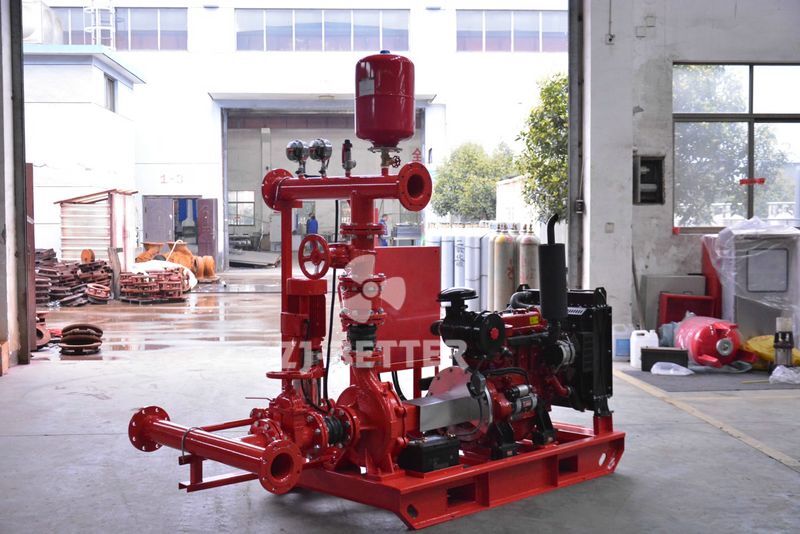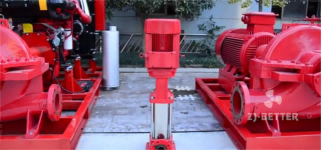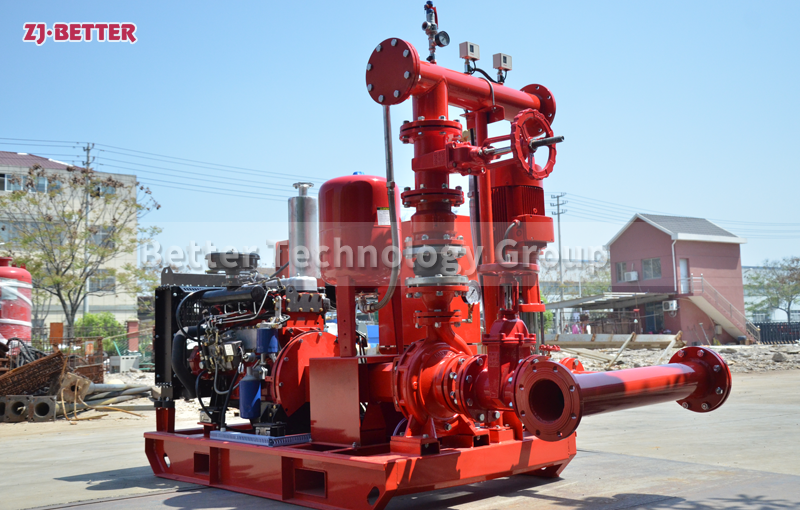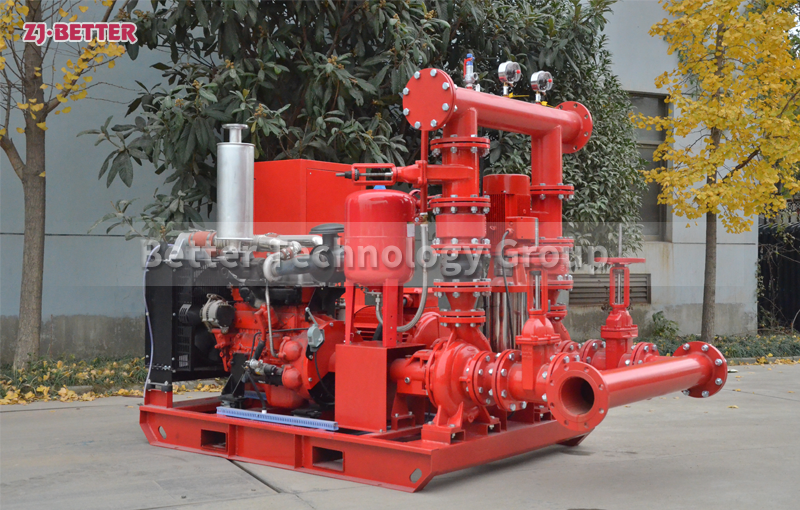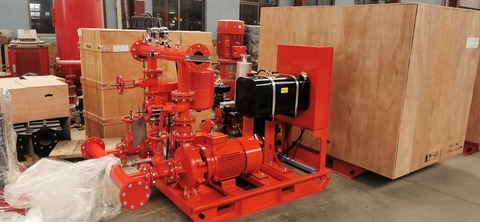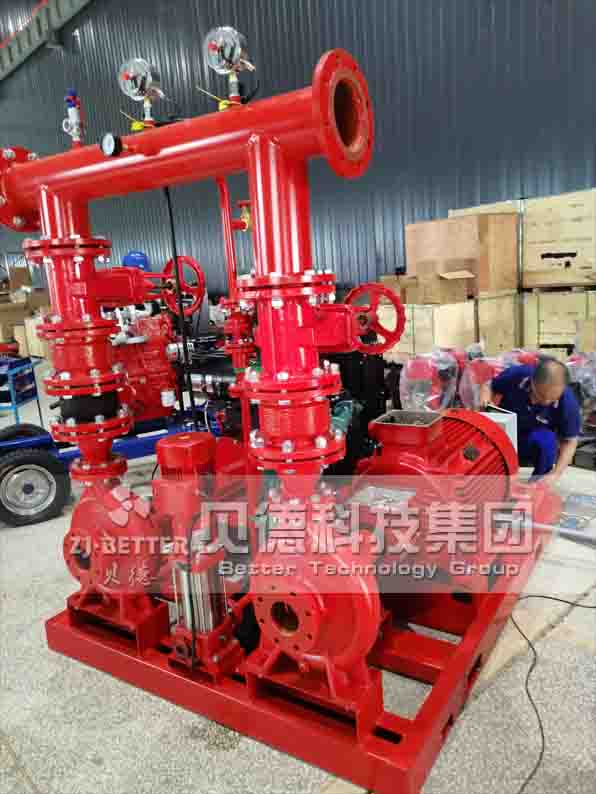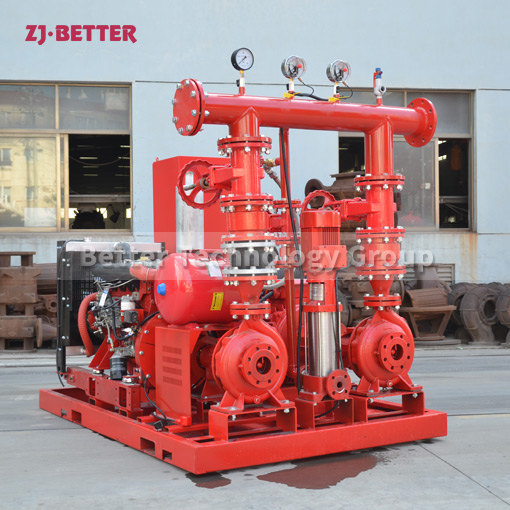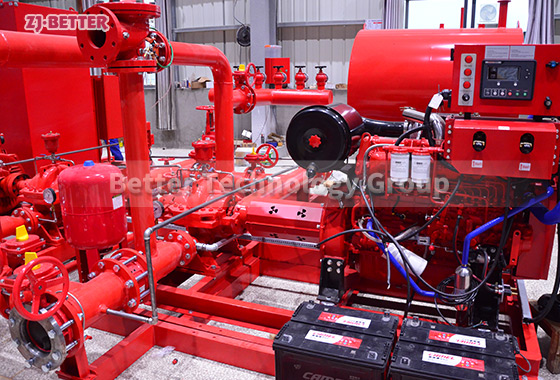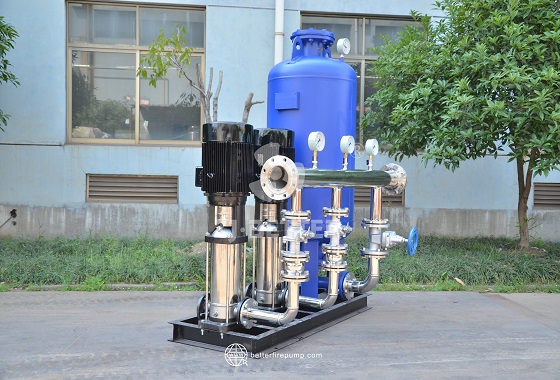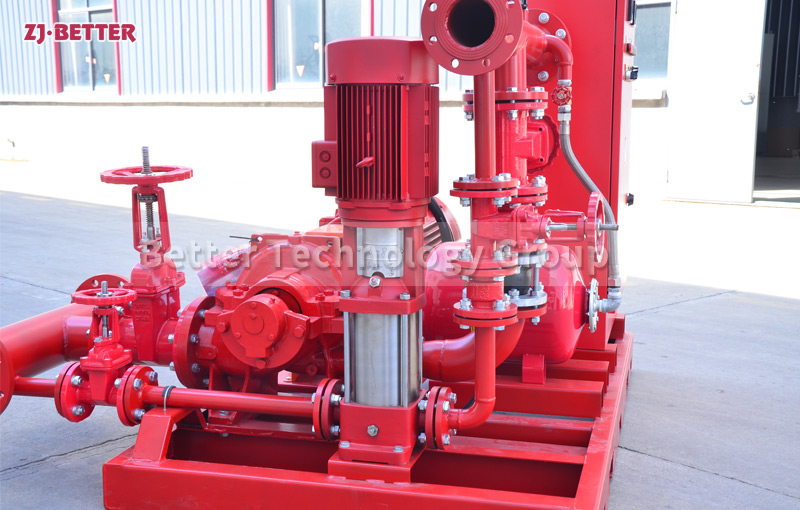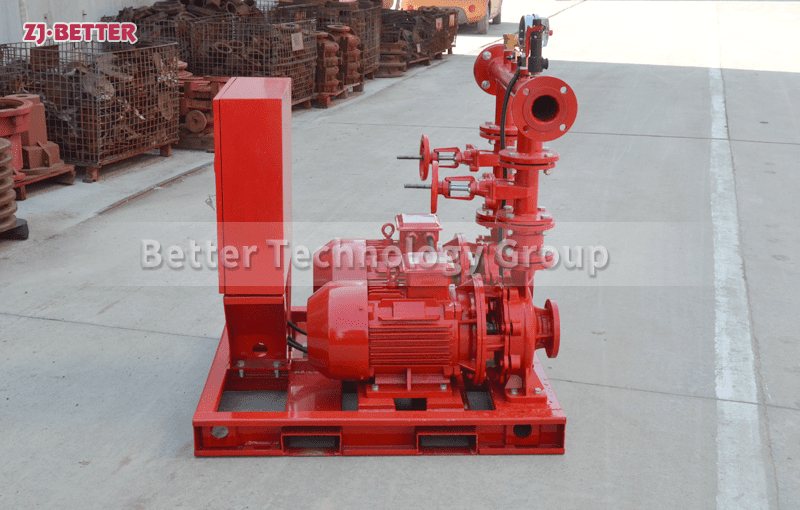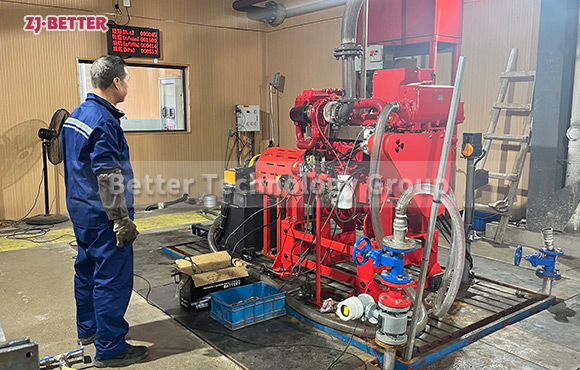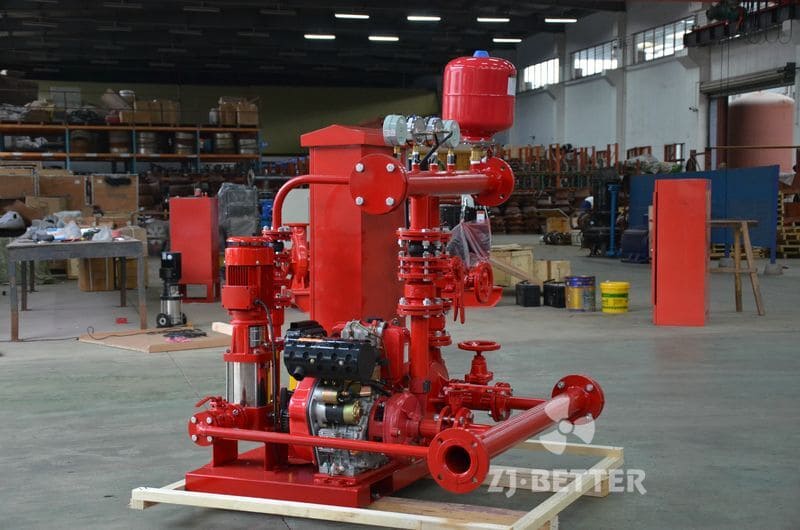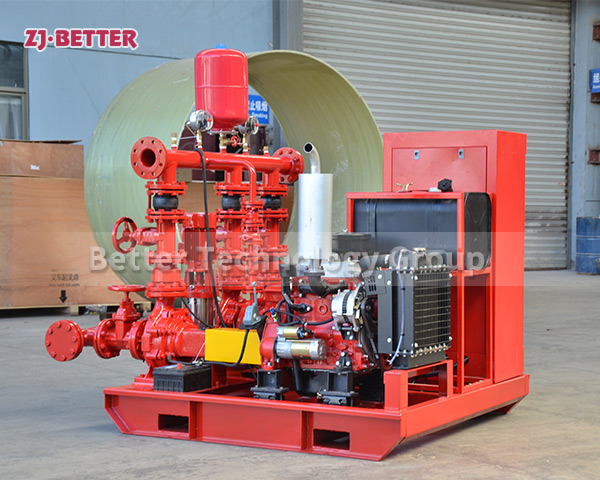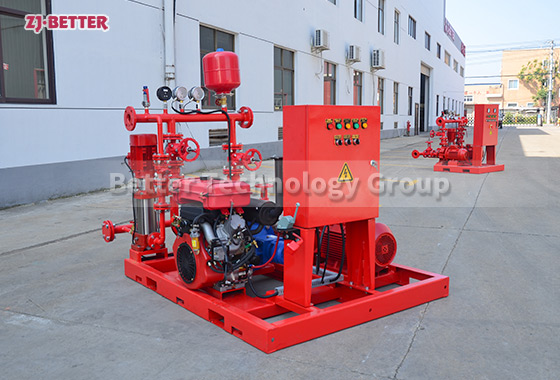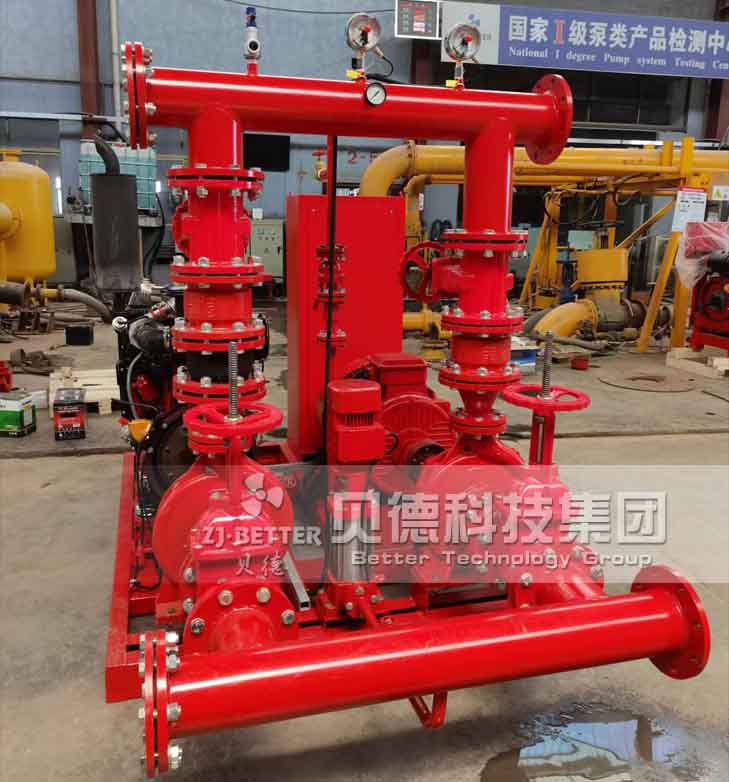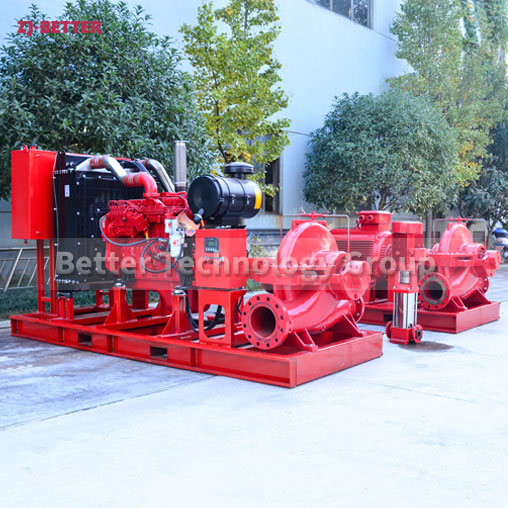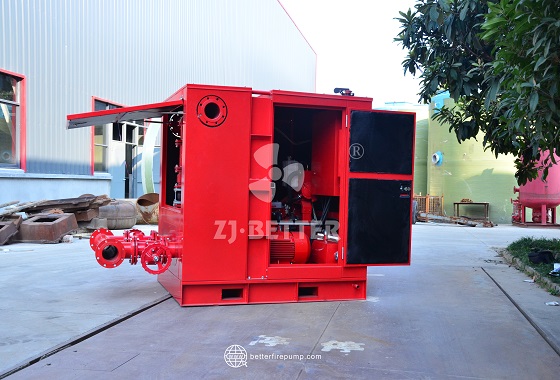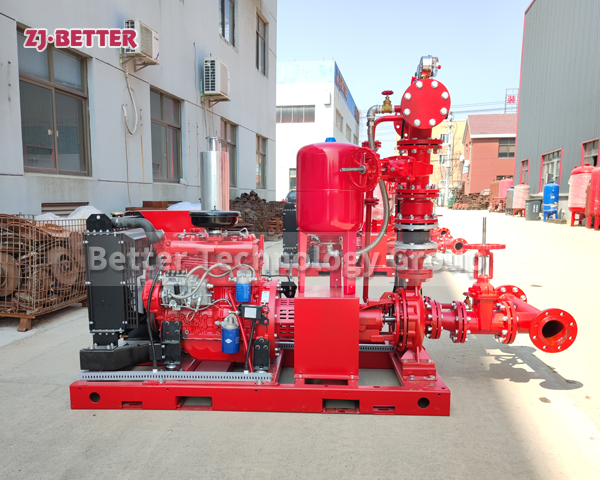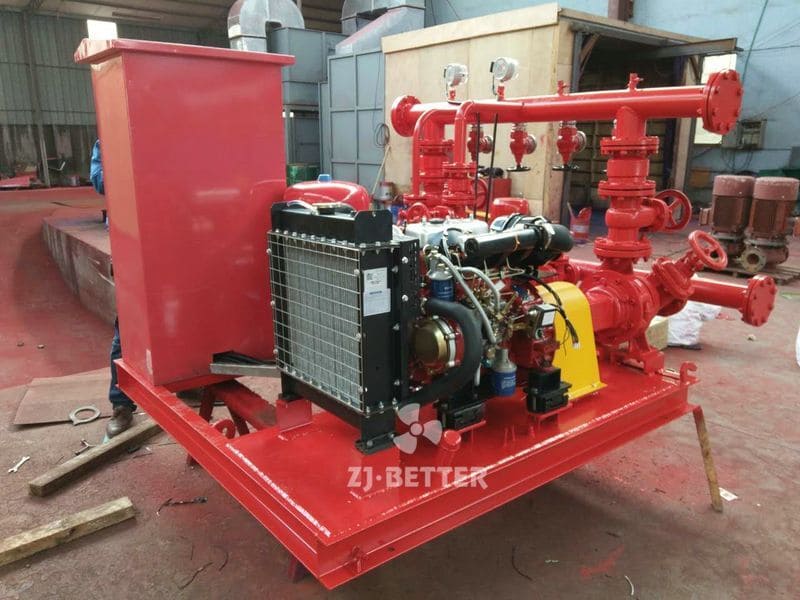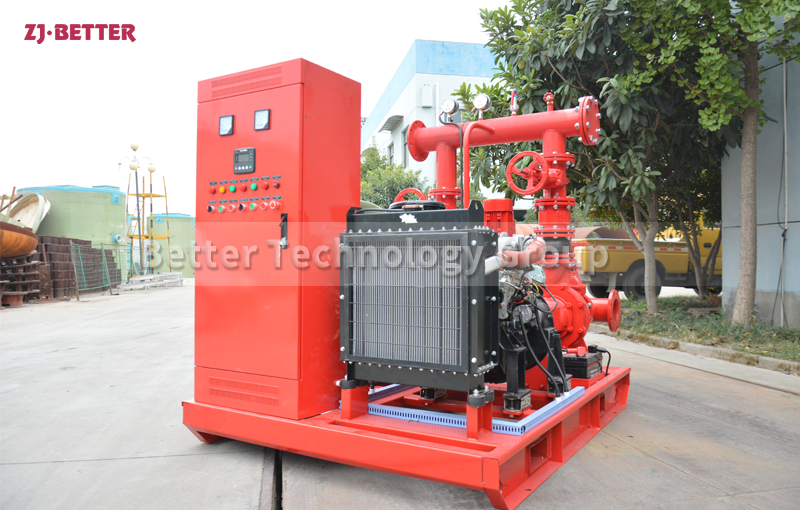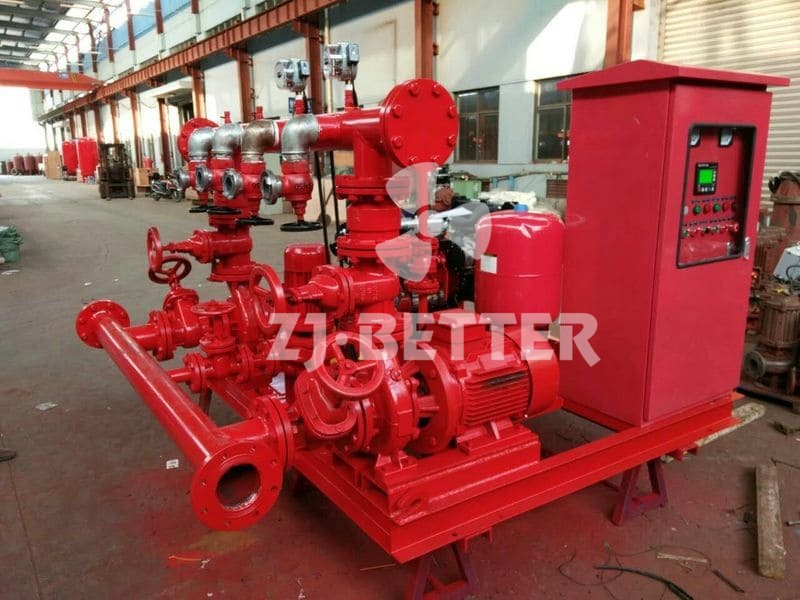How to prolong the life of fire pump?
1. Perform regular maintenance on the fire pump as recommended by the pump manufacturer.
2. Visually inspect the fire pump periodically and repair any damages or leaks detected.
3. Make sure that the fire pump is adequately cooled and lubricated as specified by the manufacturer.
4. Test the fire pump regularly with a suitable hydrostatic pressure test to ensure that it is functioning as designed.
5. Replace the seals of the pump regularly as necessary.
6. Ensure all electrical connections are proper and secure to avoid short circuits or other electrical problems.
7. Keep the fire pump area clean and free from dirt, dust, and debris.
1. Perform regular maintenance on the fire pump as recommended by the pump manufacturer.
2. Visually inspect the fire pump periodically and repair any damages or leaks detected.
3. Make sure that the fire pump is adequately cooled and lubricated as specified by the manufacturer.
4. Test the fire pump regularly with a suitable hydrostatic pressure test to ensure that it is functioning as designed.
5. Replace the seals of the pump regularly as necessary.
6. Ensure all electrical connections are proper and secure to avoid short circuits or other electrical problems.
7. Keep the fire pump area clean and free from dirt, dust, and debris.



